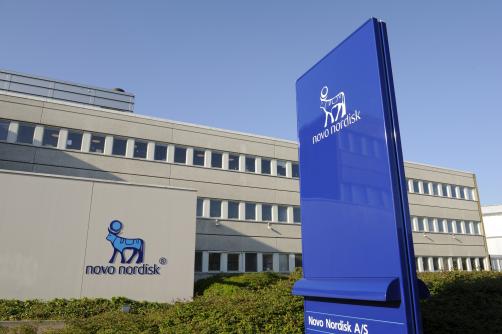
BMJ: diabetes post-marketing studies used to boost sales
pharmafile | June 14, 2012 | News story | Sales and Marketing | BMJ, Edwin Gale, Novo Nordisk, post-marketing
The use of post-marketing studies for diabetes is being used to sell more medicines rather than for science, according to a new investigation by the BMJ.
Post-marketing studies are primarily used to show that a new drug is safe and effective in the real world.
But there are concerns that many of these studies are predominantly serving a marketing purpose – to promote new, more expensive treatments and influence the prescribing habits of physicians.
Experts warn that these studies are fuelling a ‘catastrophic health expenditure’ in low income countries, and a former drug industry employee told the BMJ that many of these studies “had more marketing than science behind them”.
The British Medical Journal is now calling for better regulation to ensure ‘a proper balance’ between the commercial and clinical functions of these studies.
Edwin Gale, Emeritus Professor of diabetic medicine at the University of Bristol, analysed post-marketing studies by three leading diabetes drugmakers – Lilly, Novo Nordisk and Sanofi.
Gale said new analogue insulins can cost up to four times as much as conventional human insulin, but evidence shows that they offer little benefit to most people with type II diabetes.
But Gale found that nearly 400,000 people worldwide have been recruited into post-marketing studies of insulin analogues since 2005, and he also found that one company recruited nearly 360,000 individuals.
Most studies were carried out in middle or low-income countries, had limited scientific value, and promoted wider use of more expensive insulins, according to Gale. Most patients are also likely to remain on the new insulins at the end of the studies, he added.
“It seems reasonable to ask whether a company would invest in such large scale activities without a good commercial rationale.”
Although physicians may participate in good faith, Gale commented: “The patient or healthcare system pays for a more expensive agent instead of one that is cheaper and equally effective, and the public is offered misleading claims of comparative merit based on studies of limited scientific value.”
‘Catastrophic health expenditure’
In an accompanying article, John Yudkin, Emeritus Professor of medicine at
University College London argues that post-marketing studies “may be driving households into catastrophic health expenditure.”
He points to Novo Nordisk’s PREDICTIVE study, which paid doctors in 26 countries to start 47,565 people with diabetes on the company’s insulin analogue, Levemir.
Professor Yudkin calculates that in India, where 3,435 patients were enrolled in the study – and must cover drug costs themselves – the annual cost of Levemir would be eight times more than a generic human insulin.
In a third article, a former drug industry employee reveals that some post-marketing studies “had more marketing than science behind them” and admits to ‘playing’ with the data: “to ensure that the benefits of the drug were emphasised and the disadvantages were minimised where possible.”
Wishing to remain anonymous, the author describes other questionable practices, including the use of key opinion leaders to add credibility to the results, and to influence decision-makers and other prescribers.
The authors conclude: “Allowing companies to focus more time and efforts on drug development, or increasing transparency by encouraging industry authors to disclose the fact that the research has commercial objectives (as long as these are balanced with scientific value) would definitely help to develop better drugs for patients.”
Ben Adams
Related Content

FDA approves Wegovy for treatment of MASH in adults with liver fibrosis
The US Food and Drug Administration (FDA) has granted accelerated approval for Wegovy (semaglutide) as …

BioMed X and Novo Nordisk partner on oral peptide drug delivery innovation
BioMed X has announced a new collaboration with Novo Nordisk to improve oral delivery of …

Pila Pharma raises SEK 20m to advance new oral obesity treatment
Swedish biotech, Pila Pharma, has raised nearly SEK 20m, equivalent to €1.7m in a capital …






